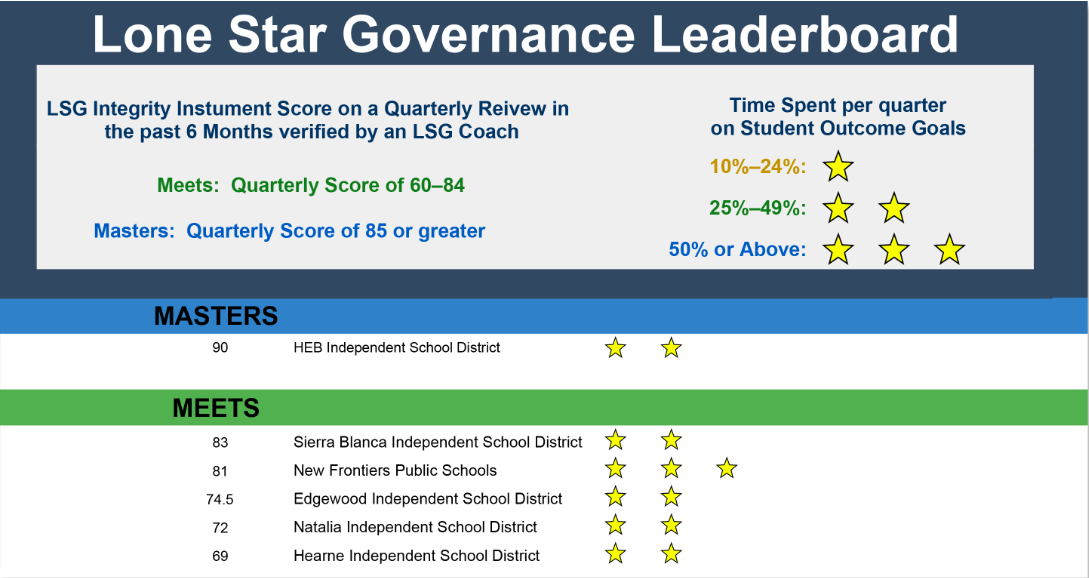Yesterday, Tenet Leadership co-founders Kara Belew and Dr. Marcia McMahon had the enormous opportunity to present to legislators and education leaders at the National Conference of State Legislatures Capitol Forum. Please view our presentation.
We noted that in most states, according to the Nation’s Report Card 2019, 60% or more of 4th-grade students NOT proficient in reading, and reading results are stagnant or declining nearly nation-wide. This statistic is very sad for these students, especially given that even in poor urban school districts, 75%+ of students can likely learn to read at grade level.
Students who cannot read after 4th-grade are unlikely to do well in any subject be it science, math, or history, or to graduate college, career, or military ready. The failure to teach students to read has tremendous on-going personal and societal costs and is harmful to the state’s economy.
A key question Legislators were asking Tenet Leadership is how they can immediately improve student outcomes in their state. Our anecdotal evidence suggests that what Legislators focus on in public meetings will be mirrored by the school district and school board, then by the principal at each school, and then by teachers in the classroom. Therefore, if Legislators focus on student outcome goals and start monitoring progress, they should anticipate their focus will trickle down across their state’s education landscape, as school systems focus resources on meeting the goal.
We challenged state Legislators to:
- Formally adopt a 3rd-grade statewide SMART student outcome reading goal,
- Regularly and consistently monitor reading progress in public Legislative meetings, and
- Advertise and promote the goal statewide.
A state’s SMART student outcome reading goal example might be:
In the 2019-20 school year, 30% of our state’s 3rd graders were reading on grade level according to our state’s reading assessment. By the 2020-21 school year, it will be 33%.
Notably, adopting a SMART student outcome goal will likely not take any formal legislation and might have a meaningful and immediate impact on state student results.






Leave A Comment